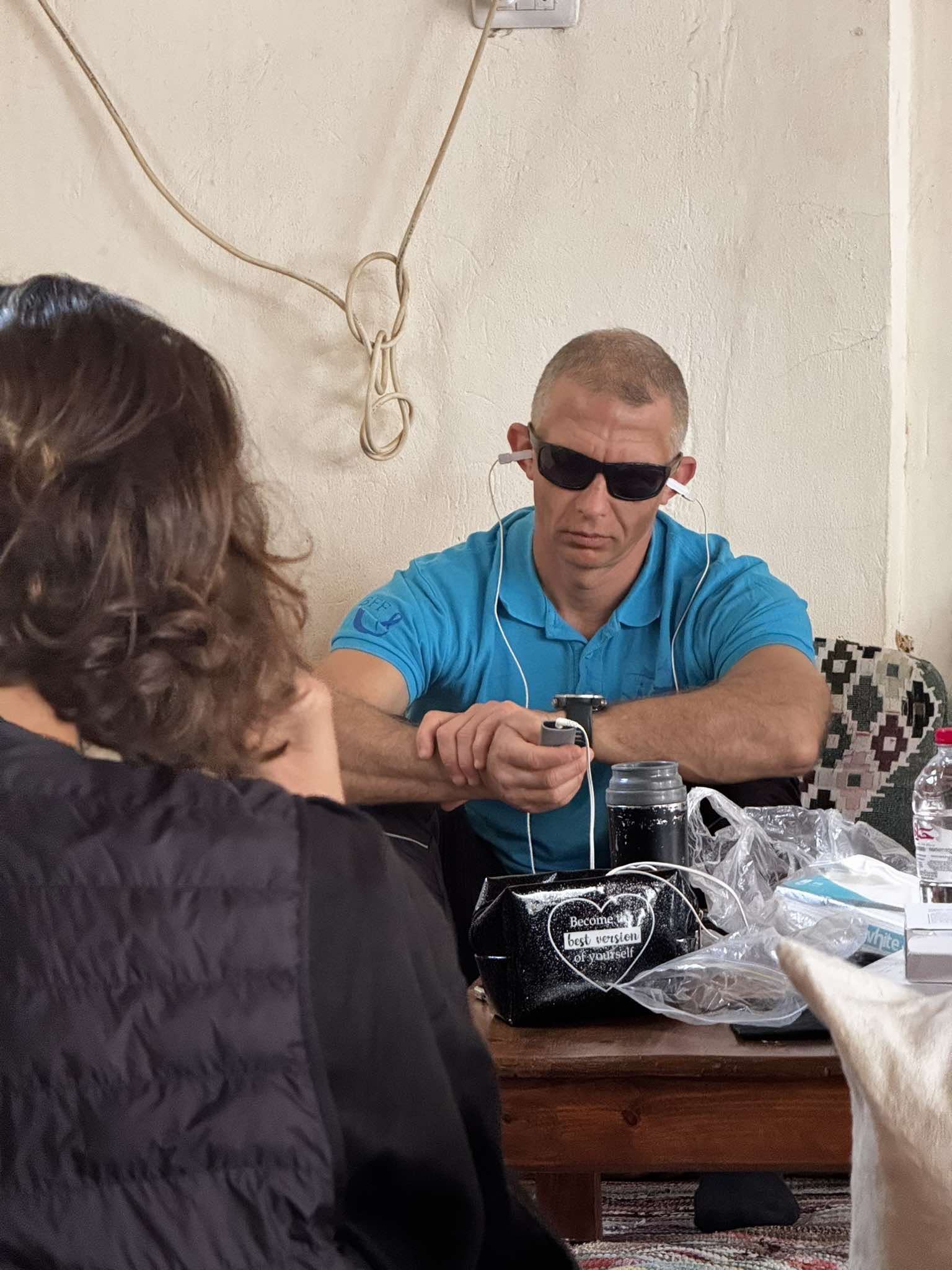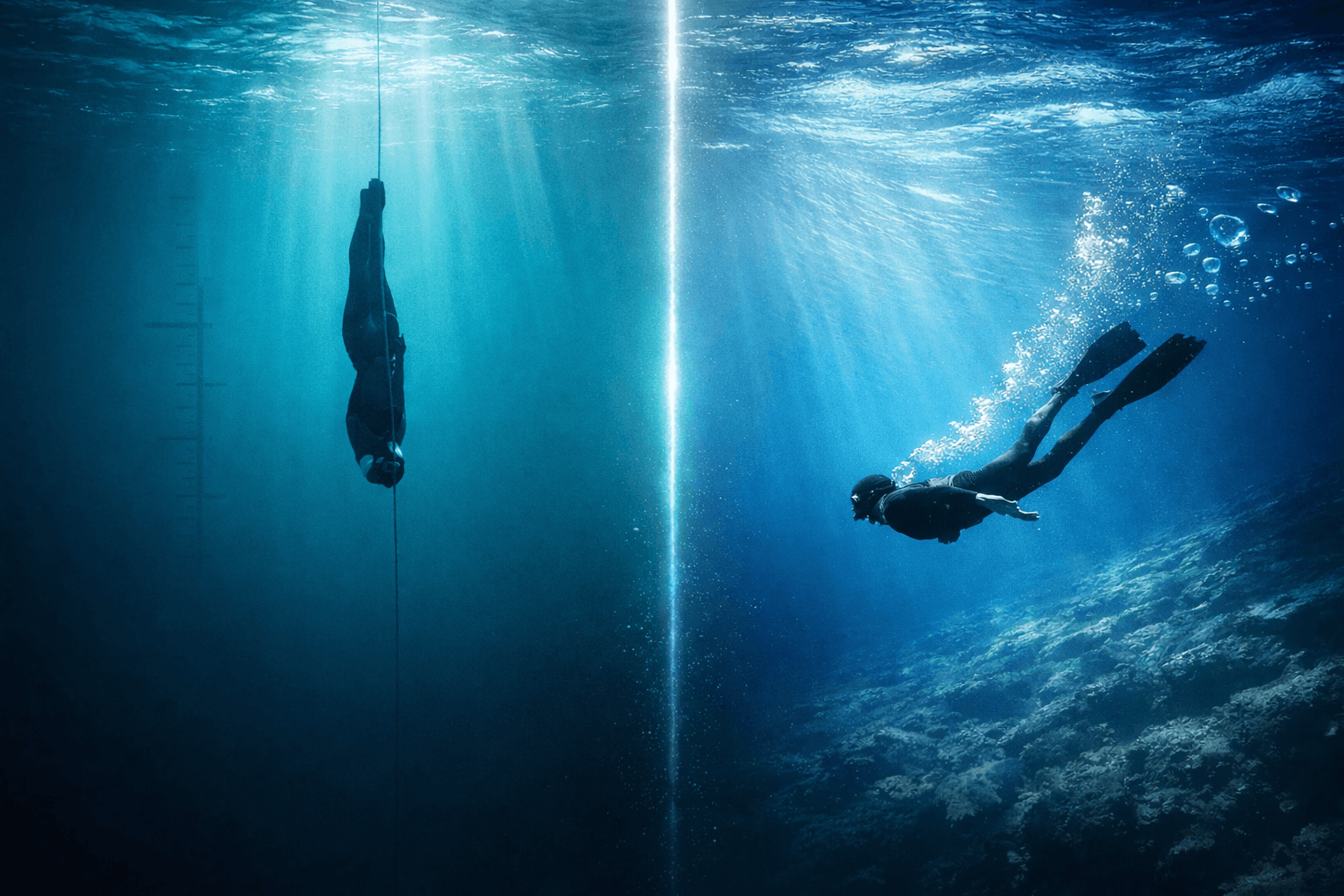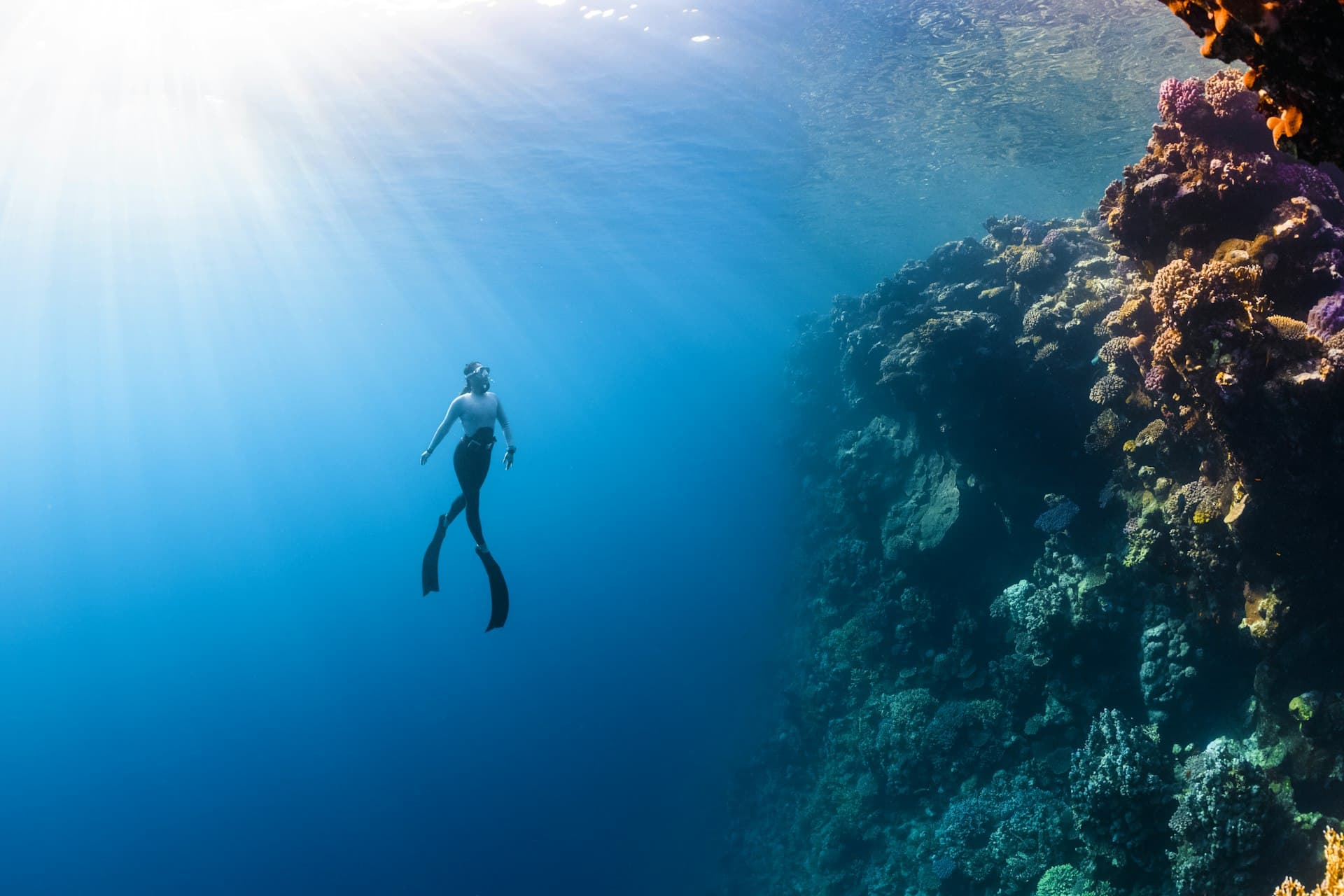
Vagus Nerve Stimulation for Freediving Training
Transcutaneous electrical vagus nerve stimulation is a novel self-regulation and recovery method that involves delivering mild electric impulses through the skin to the main nerve of the parasympathetic nervous system, the vagus.
Read Article

